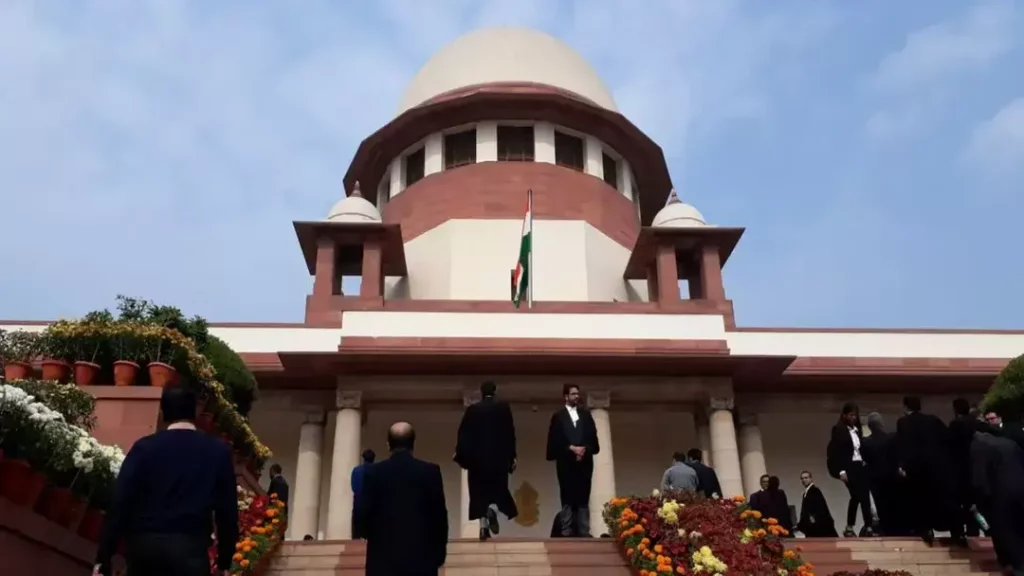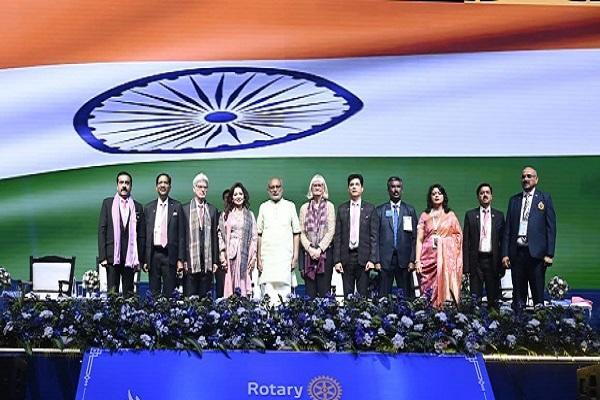
MMRDA Scraps ₹14,000 Crore Tender After SC Rap in L&T Plea
In a significant development, the Mumbai Metropolitan Region Development Authority (MMRDA) has scrapped the tender for two major infrastructure projects worth ₹14,000 crore, citing public interest. This move comes after the Supreme Court closed the plea of Larsen and Toubro (L&T) alleging unfair disqualification from the bidding process.
The two projects, worth ₹7,000 crore each, were for the construction of the Mumbai-Nagpur Super Expressway and the Mumbai-Ahmedabad High-Speed Rail Corridor. L&T had alleged that it was unfairly disqualified from the bidding process despite offering a lower bid than Hyderabad-based Megha Engineering, which won both tenders.
The controversy surrounding the tender process began when L&T filed a petition in the Supreme Court, alleging that the MMRDA had unfairly disqualified it from the bidding process. The company claimed that it had submitted a lower bid than Megha Engineering, which was awarded the contracts. L&T also alleged that the MMRDA had failed to provide adequate justification for the disqualification.
In response, the MMRDA had defended its decision, stating that L&T’s bid was not in compliance with the tender conditions. However, the Supreme Court was not convinced by the MMRDA’s arguments and ordered the authority to reconsider the tender process.
Following the Supreme Court’s order, the MMRDA conducted a fresh evaluation of the bids and found that L&T’s bid was indeed lower than Megha Engineering’s. However, the MMRDA claimed that Megha Engineering’s bid was more comprehensive and included additional features that were not considered in the initial evaluation.
Despite the MMRDA’s attempts to justify the decision, the Supreme Court was not satisfied and ordered the authority to scrap the tender process. The court’s decision was based on the principle of public interest, as the MMRDA had failed to provide a transparent and fair bidding process.
The scrapping of the tender process has significant implications for the two projects, which are critical for the development of the Mumbai region. The projects were designed to improve connectivity and infrastructure in the region, and their delay or cancellation could have significant economic and social impacts.
The controversy surrounding the tender process has also highlighted the need for greater transparency and accountability in government contracts. The MMRDA’s decision to scrap the tender process is a step in the right direction, and it is hoped that the authority will conduct a more transparent and fair bidding process in the future.
In conclusion, the scrapping of the ₹14,000 crore tender by the MMRDA is a significant development that has far-reaching implications for the development of the Mumbai region. The controversy surrounding the tender process highlights the need for greater transparency and accountability in government contracts, and it is hoped that the authority will conduct a more transparent and fair bidding process in the future.






